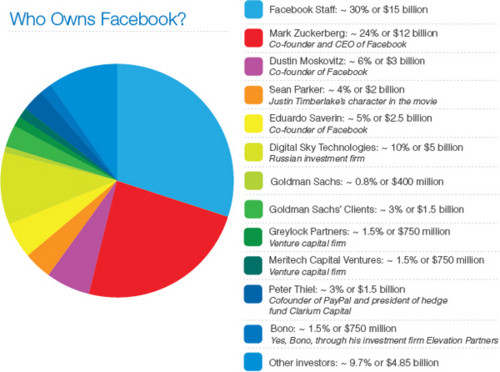Hey, kids – it’s earnings season! That means that companies are starting to report to the world how they did in the last three months of 2010 (that is, the 4th quarter of 2010). Earnings reports are super important, whether you’re a rookie or a pro. Read on to find out why:
credit: Smudge 9000
Here’s the interesting thing about earnings reports: they give investors important information about the past and the future.
For example, overall profits are expected to be 9.8% higher than they were at the end of 2009. (Makes sense – 2009 was a pretty rough year on the economy.) But what about the years before that? Are there any companies that usually bring in 15% profit that are now earning less? Maybe 10% is their new normal. Would you be satisfied with that, as an investor, or would you prefer to find a company with a better track record?
Companies’ past earnings aren’t as important as their future earnings. Even though overall profits rose at the end of 2010, it looks like they’re not going anywhere in 2011. Why? Well, the job market hasn’t really improved. People without money can’t spend money, and companies can’t profit without money.
There are some exceptions: even though the job market is in bad shape, companies that sell luxury goods to a different market have continued to perform well. You can also predict future earnings based on new laws and tax policy. FedEx and Novellus Systems will both be taking advantage of a tax break to buy themselves new computers and cargo jets. (Those purchases not only benefit the businesses – they also increase profits for technology and airplane manufacturers.)
A little bit of bad news for companies that depend on consumer spending to boost their profits:
“…we’re not going to see sustained declines in the unemployment rate.” – Ben Bernanke, Chairman of the Fed




